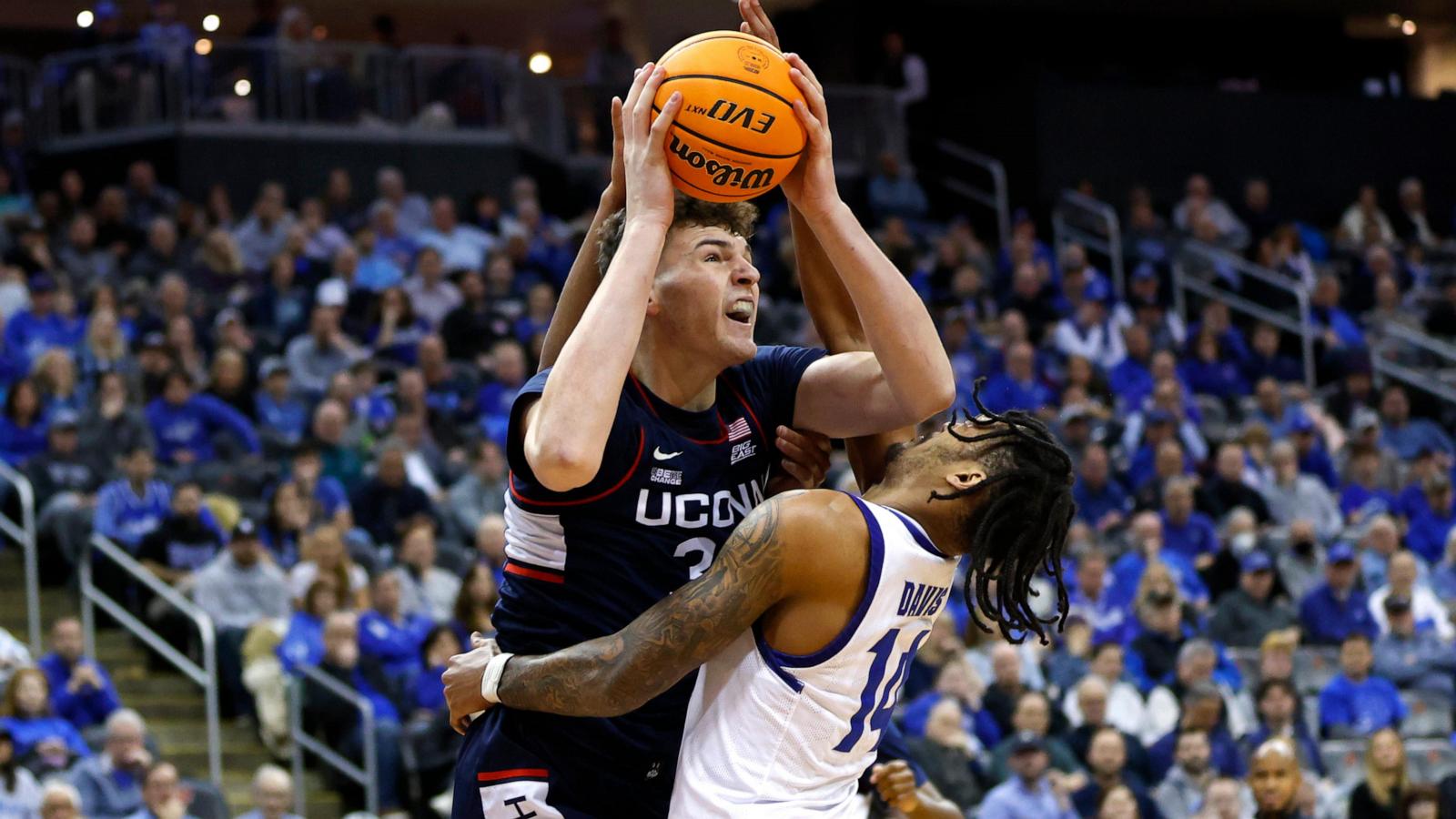Sports Betting After the Game is Over? You Won't Believe What Happened in Atlantic City!
In the thrilling world of sports betting, where fortunes are won and lost in the blink of an eye, a peculiar and astonishing event unfolded in the gambling haven of Atlantic City. Imagine placing a bet on a game that's already concluded – unbelievable, right? Well, it happened, and not just once, but multiple times, causing significant financial repercussions for several sportsbooks. Buckle up as we delve into this mind-boggling saga of after-the-fact betting, unexpected payouts, and hefty fines!
When Bets Are Placed After the Game Ends
Several high-profile sportsbooks in Atlantic City recently found themselves facing the music after it was revealed they were accepting wagers on events that had already concluded. These weren't small-scale incidents; substantial sums of money were involved, totaling tens of thousands of dollars. In one particularly noteworthy case, the New Jersey Division of Gaming Enforcement issued a $20,000 fine to William Hill Sportsbook for illegally accepting bets on various games, including college basketball, hockey, and even boxing matches. Their 'mistake' involved around 40 bets across multiple sporting events with several thousand dollars being paid out before it was discovered. This staggering oversight is raising serious questions about the safeguards in place at these prestigious betting establishments and has exposed a huge oversight in regulation.
Unbelievable Errors & Significant Losses
But the story doesn't end there. Additional errors allowed the acceptance of bets on boxing matches after the results had been determined. These blunders underscore the chaotic nature of high-stakes sports betting and how even reputable companies can make colossal, costly mistakes. In addition to the penalties for William Hill, a London-based betting technology company, Amelco, also received a $10,000 fine for allowing political wagers against current norms.
Uncovering the Culprits: Identifying the Causes Behind the Mistakes
William Hill attributed their mistake to an error originating from their sportsbook content supplier, OpenBet. However, this begs the question: where was the quality control? Why did the internal review systems fail to catch such significant errors? Could the oversight stem from a software glitch? Did human error play a role? In the second fine, a technological malfunction was blamed. However, multiple similar incidents raise serious concern regarding effective internal controls.
Multiple Companies Failing Repeatedly
This is certainly not the first time that these kind of issues have occurred, highlighting the need for stricter oversight within the industry. Other prominent bookmakers like Kambi Group and Rush Street Interactive have received penalties, and it's only a matter of time before another company is caught off guard by similar circumstances. Repeated issues, no matter how small, erode confidence in the entire sports betting industry and warrant further investigations. It isn’t always clear cut who is to blame and assigning the cause to technology supplier is often used as an easy excuse for failing internal controls, or insufficient staff training, etc. In this case there were some very large payouts to players.
The Future of Sports Betting: Preventing Future After-The-Fact Betting
In light of these disturbing incidents, a profound concern arises regarding the reliability and integrity of sports betting systems. How can such significant oversights, involving substantial sums of money, continually evade detection? Clearly, major improvements in procedural controls are necessary. What's the solution? More robust error detection systems must be implemented immediately, alongside increased scrutiny of data sources and enhanced training procedures for staff handling high-value transactions. Greater accountability must also be sought. These recent fines send a signal that regulators will act swiftly against establishments failing to meet necessary standards.
Technology Solutions to Prevent Further Errors
Sports betting firms need to utilize advanced technology such as artificial intelligence (AI) and machine learning (ML) to constantly monitor and automatically detect any inconsistencies or anomalies in betting activity. This tech-led response is necessary to safeguard against possible future fraud. Implementing effective technologies can improve risk analysis, and enhance control functions which are key elements in any highly regulated financial industry. This would make costly errors like these more difficult and reduce potential reputational damage for betting companies.
Take Away Points
- The incidents in Atlantic City expose serious flaws in existing oversight of sports betting systems.
- The multiple companies cited reveal a broader systematic problem within the industry.
- Advanced technology and increased training for staff are critical to address such concerns and avoid future issues.
- The hefty fines issued demonstrate regulators’ resolve to prevent further similar events.




